
Under the platform of the Asia Pacific Regional CSO Engagement Mechanism (APRCEM), trade union representatives join civil society organisations in advocating for development justice at the 12th Asia-Pacific Forum on Sustainable Development (APFSD) 2025, held at the UN Conference Centre in Bangkok, Thailand, from 25-28 February 2025. The APFSD is an intergovernmental meeting that reviews progress of the SDGs in Asia and the Pacific region.
.jpg)
For this year, the SDGs under review include SDG 3 (Good Health and Well-being), SDG 5 (Gender Equality), SDG 8 (Decent Work and Economic Growth), SDG 14 (Life Below Water), and SDG 17 (Partnerships for the Goals). With SDG 8 under review, the forum was particularly significant for trade unions, as it provided a key platform to draw attention to decent work deficits and the erosion of trade union and labour rights that continue to undermine sustainable development in the region.

The APFSD was maximised by trade unions as a space to amplify the issues of Asian and Pacific workers. Kate Lappin, Regional Secretary for Asia and the Pacific of Public Services International (PSI), was a panelist at the High-Level Panel on “Promoting productive employment, gender equality, and health in the workforce.” She underscored the critical role of public services, trade unions, and gender-responsive policies in ensuring decent work and equitable economic recovery by highlighting best practices of trade unions across Asia and the Pacific in advancing women workers' rights, strengthening social protection systems, and reducing the gender wage gap.
#APFSD2025 | Kate Lappin of Public Services International (PSI) shares best practices of trade unions from countries across Asia-Pacific for improving women workers' rights, social protection systems and the gender wage gap.#DevelopmentJusticeNow #ChangeTheSystem #ShiftThePower pic.twitter.com/ZKeT9IfUIH
— AsiaPacificRCEM (@AP_RCEM) February 25, 2025
“Our research has found that there are significant intergenerational benefits for the daughters of community health workers, many of whom are now attending school—the first women in their families to do so. These workers are also at the forefront of addressing climate disasters. We urge governments to recognise the immense value of unionisation and to reform laws that currently undermine the public sector and the workers who sustain essential services,” Kate Lappin stressed.
At the plenary session (Thematic Review on Turbocharging SDG Acceleration: Regional Implementation of the Pact for the Future), the Workers and Trade Unions constituency of the Asia-Pacific Regional CSO Engagement Mechanism (APRCEM) delivered a strong statement, read by Gene Rodriguez (Ecumenical Institute for Education and Research, Philippines) and Chandra Shekar Rajgopal Dashrath (Indian National Trade Union Congress, India).
The statement highlighted that while governments claim to "turbocharge" the SDGs, they are in fact accelerating privatisation, corporate greed, and the erosion of labour rights.
Trade unions raised the following recommendations urgent steps for governments:
"SDGs will be turbocharged only when workers, people, and the planet—not corporate profits—are at the centre of the Pact for the Future," the statement concluded.
At the Roundtable on SDG 8, Joy Hernandez, speaking for ITUC-Asia Pacific and the Workers and Trade Unions constituency of APRCEM, warned that progress toward SDG 8 is regressing from the 2015 baseline. This was evident in the persistent labour problems in the region, including shrinking labour income share, widespread informality, unsafe working conditions, and serious precarity experienced by migrant workers, among others, which disproportionately affect women and young workers.

She highlighted issues that compound workers’ insecurity, such as climate change as well as digitalisation and automation, and drew attention to the systemic attacks of trade union rights from state and corporate powers. She said, “The deliberate suppression of workers’ voices paves the way for unchecked privatisation, labour flexibilisation, regression of labour laws and hard-won rights, and shrinking of civic space.” She also underscored that evidence shows that unionisation saves jobs. “If we want to accelerate decent work, protecting freedom of association, collective bargaining, and the right to strike is key.”
ITUC-Asia Pacific, its affiliates, and members of the APRCEM Workers and Trade Unions Constituency also played a central role in the Asia-Pacific Peoples' Forum on Sustainable Development (APPFSD) organised on 23-24 February 2025. They provided inputs to the collective statement and put the spotlight on the workers’ analysis and perspectives on critical development issues.
.jpg)
Prior to the APFSD, Julius Cainglet (Federation of Free Workers, Philippines) participated in the Associated Event called “Towards the World Summit for Social Development: Contributions from Asia and the Pacific”, held on 24 February 2025. During the Associated Event, he stressed, “Trade unions are essential in bridging the gap between active labour market policies and social protection, ensuring that the most vulnerable workers are not left behind. This requires an enabling environment for freedom of association and collective bargaining, as well as innovative, worker-led solutions. From SEWA’s heat stress insurance in India to compensation schemes for climate-affected workers in Fiji, and pandemic-related protections in the Philippines, trade unions are proving that social protection must be responsive, inclusive, and built from the ground up."
ITUC-Asia Pacific co-organised with the International Labour Organization, PSI-Asia Pacific, and FFW a side event titled "Decent Work as a Pathway to Development Justice: Breaking Systemic Barriers, Upholding Workers’ Rights and Dignity in Asia-Pacific." The side event featured discussions on the systemic barriers to decent work in the care and digital economy and the role of trade union rights in overcoming such barriers. Speakers included Panudda Boonpala (ILO Deputy Regional Director), Pong-sul Anh (ILO ACTRAV), Kate Lappin, Chandra Shekar Rajgopal Dashrath, and Gomer Padong (Institute for Social Entrepreneurship in Asia). The side event was moderated by Julius Cainglet.

Furthermore, ITUC-Asia Pacific co-organised with civil society organisations (including APRCEM, CECOEDECON, ALGA, Tebebba Foundation, Indigenous Peoples Major Group for Sustainable Development, and Reality of Aid-Asia Pacific) a side event titled “Transforming the world and leaving no one behind: Lessons from Asia-Pacific in the implementation of the SDGs.” The side event highlighted grassroots initiatives that contribute to accelerating the SDGs, demonstrating that civil society and communities play an important role in advancing development justice and should not be sidelined in development processes.
As co-chair of APRCEM and focal point for its Workers and Trade Unions Constituency, ITUC-Asia Pacific played a key role in ensuring that workers’ voices were strongly represented at APFSD.
ITUC-Asia Pacific General Secretary Shoya Yoshida reaffirmed trade unions' commitment, "Workers and their trade unions are not just participants in sustainable development — they are key contributors and actors. The SDGs cannot be achieved through exploitative economic models that deepen inequality and climate destruction. We will continue to fight for a world where trade unions are strong, social protection is universal, and workers' voices shape policy decisions."
Trade unions left APFSD 2025 with a clear message: trade union rights and development justice are non-negotiable. Workers’ rights must be defended and economic systems must be restructured to serve the many, not the few.



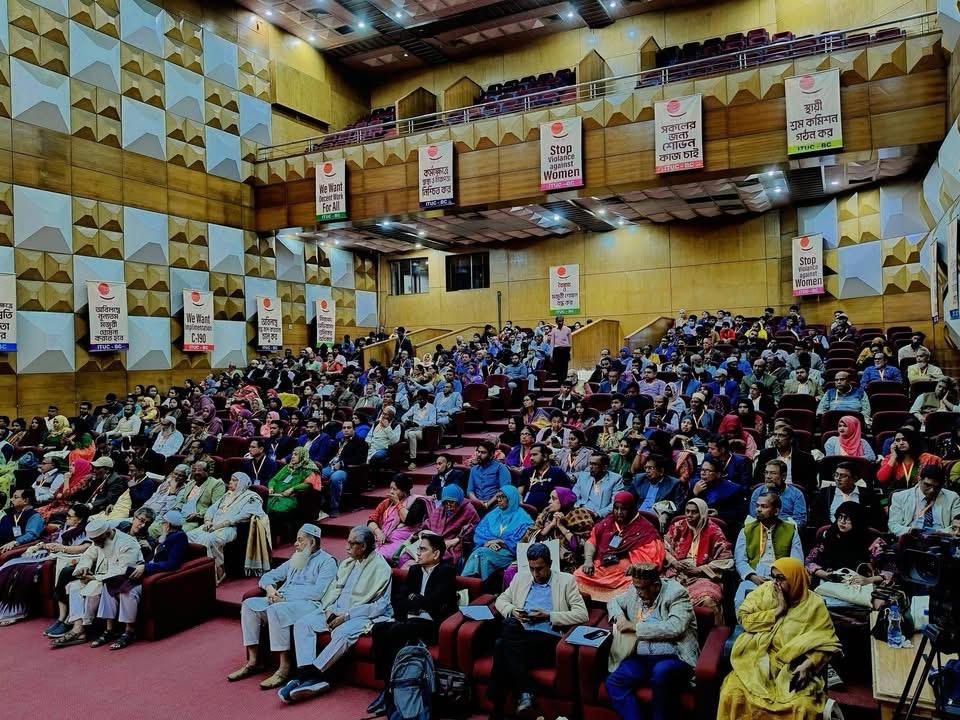











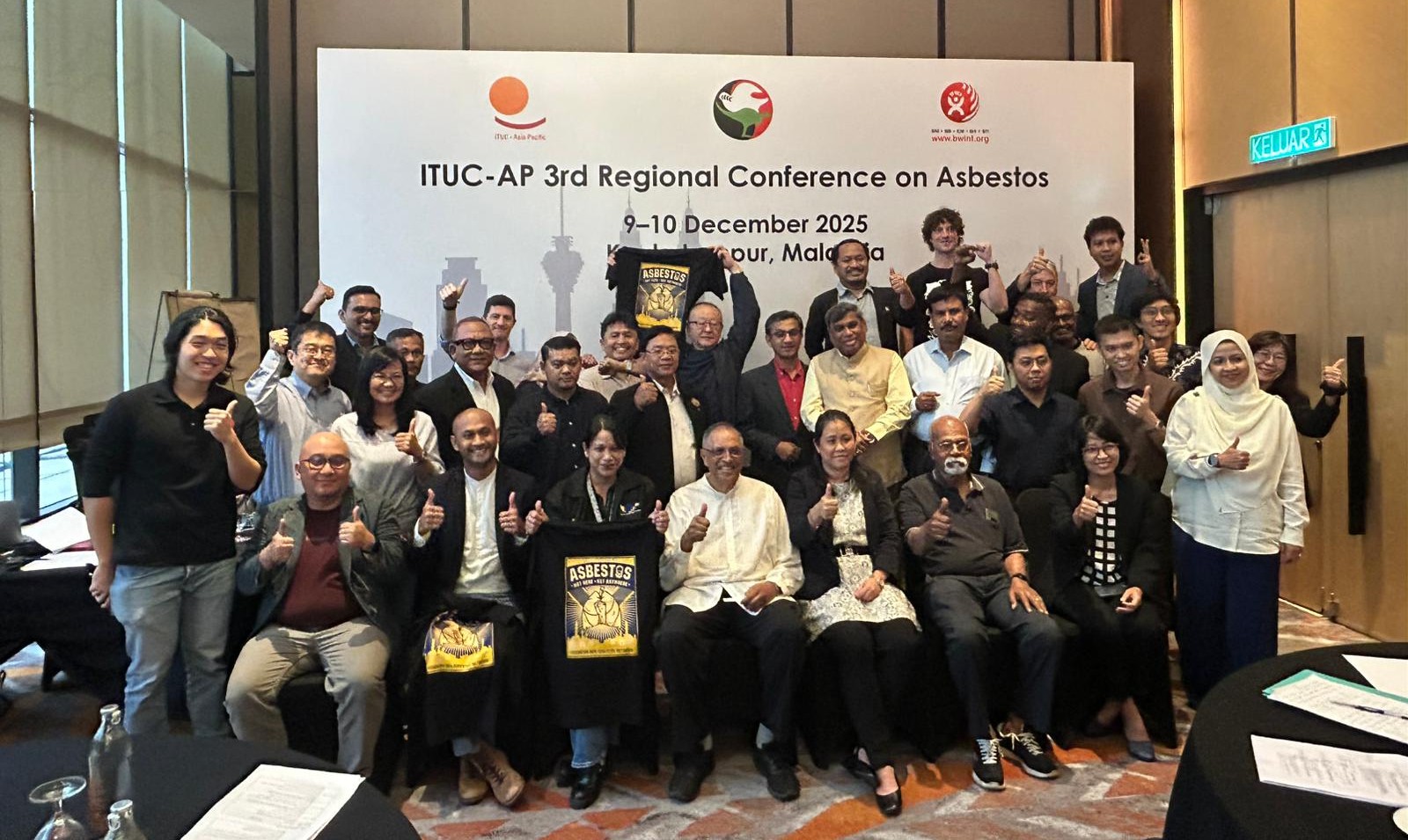





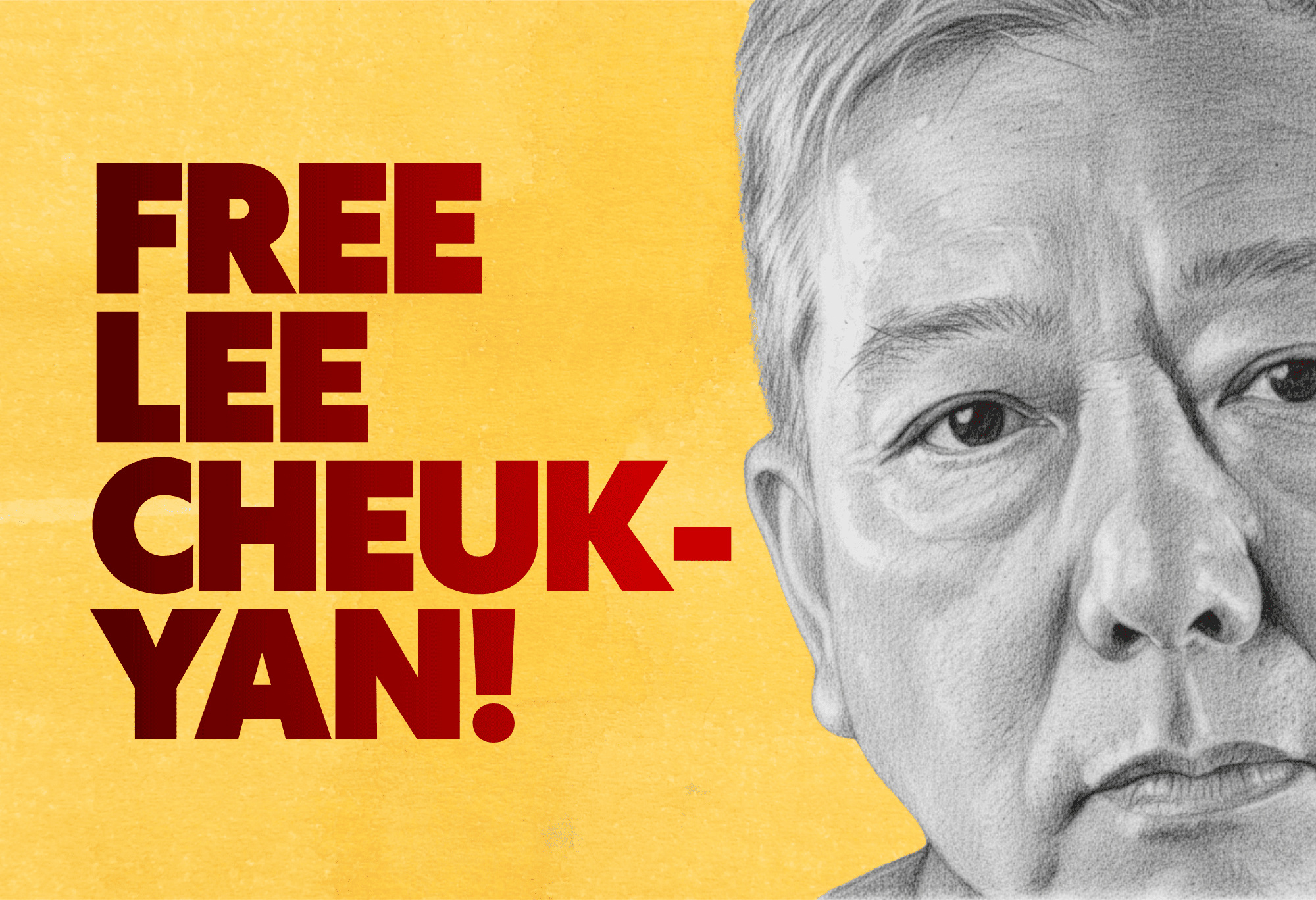





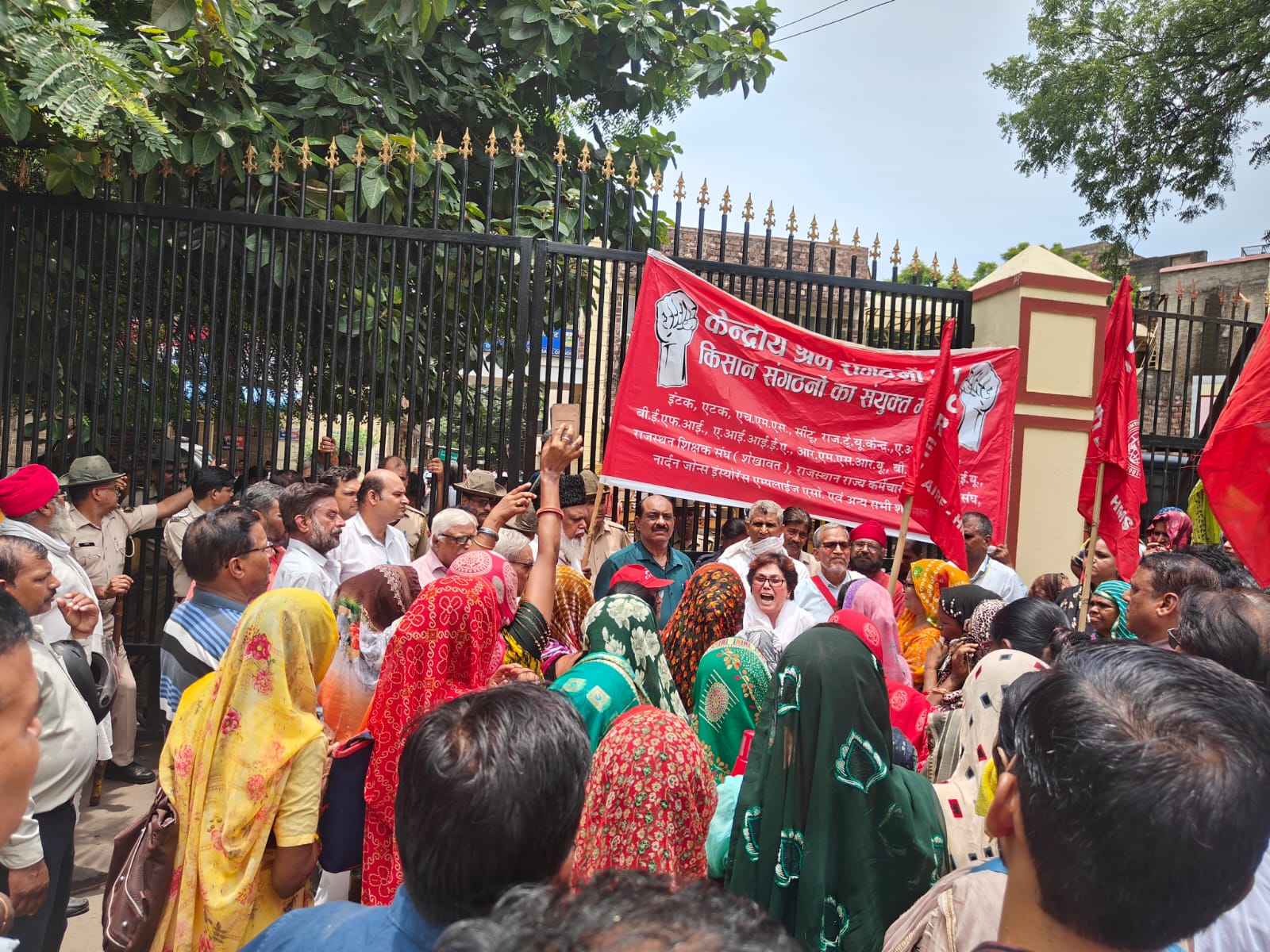





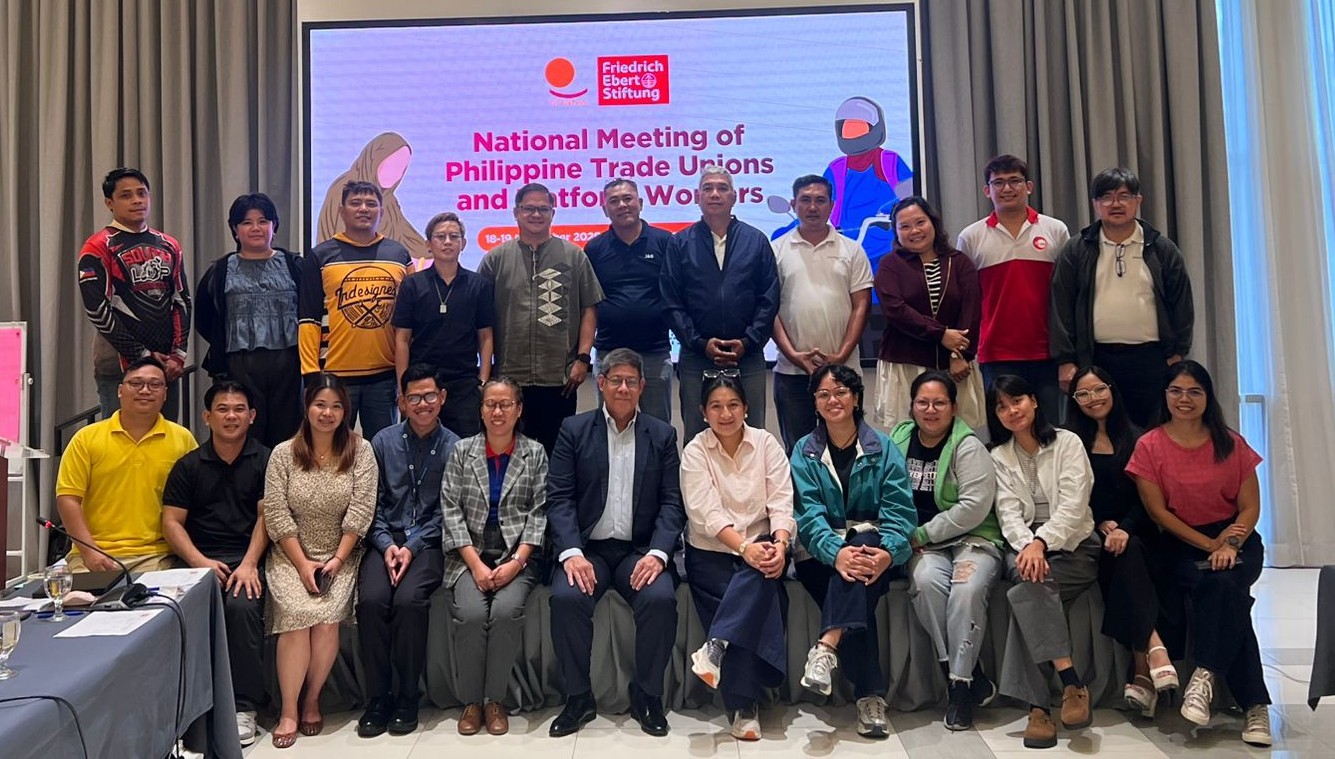





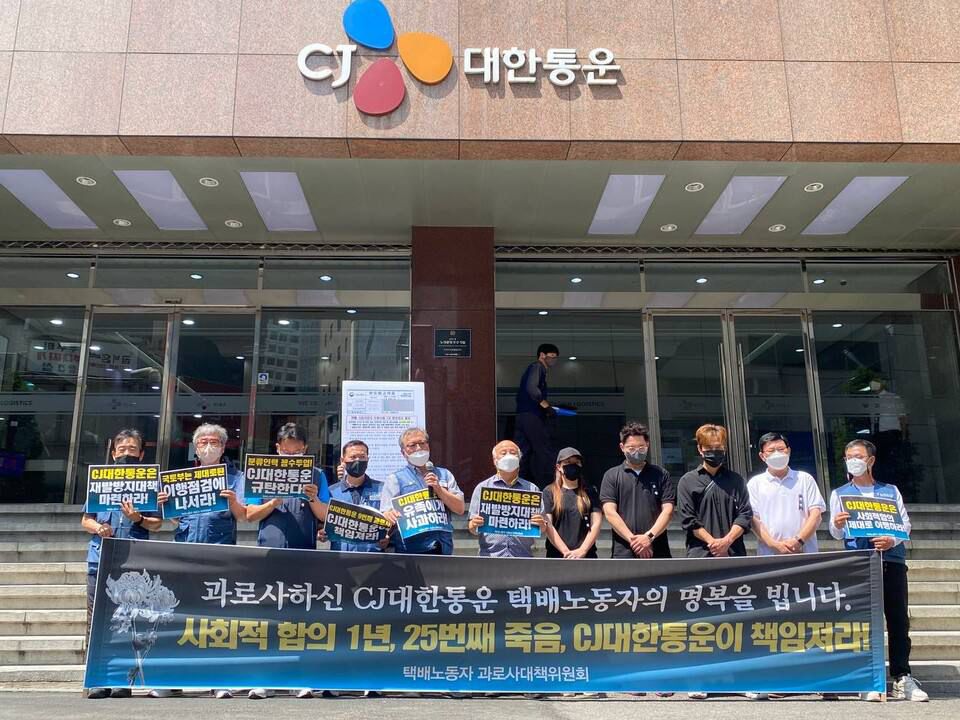





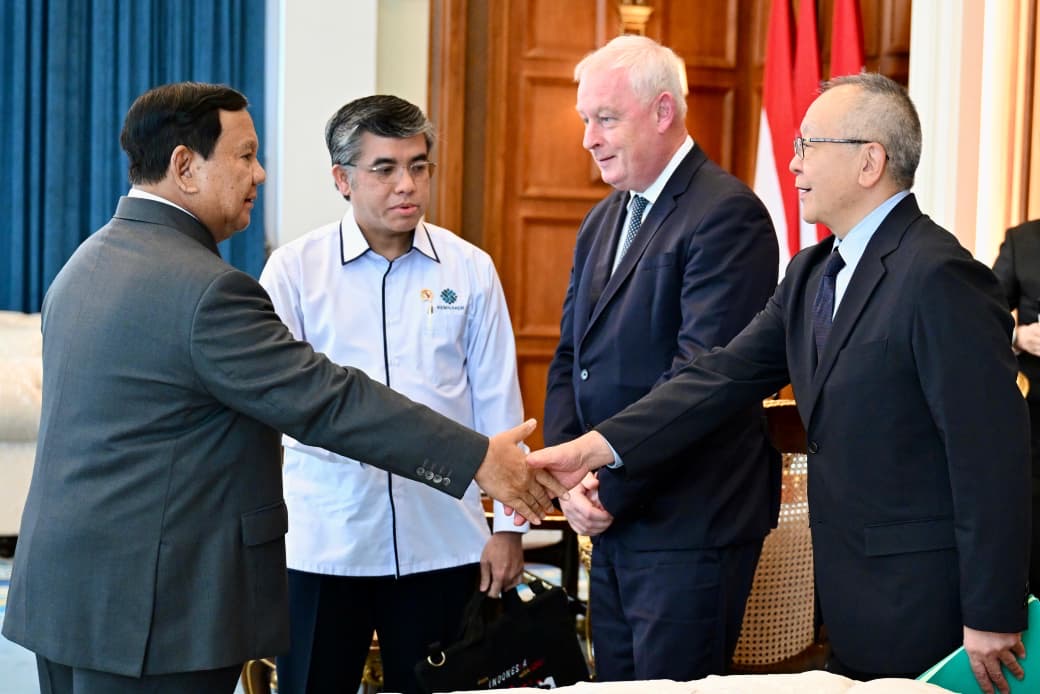





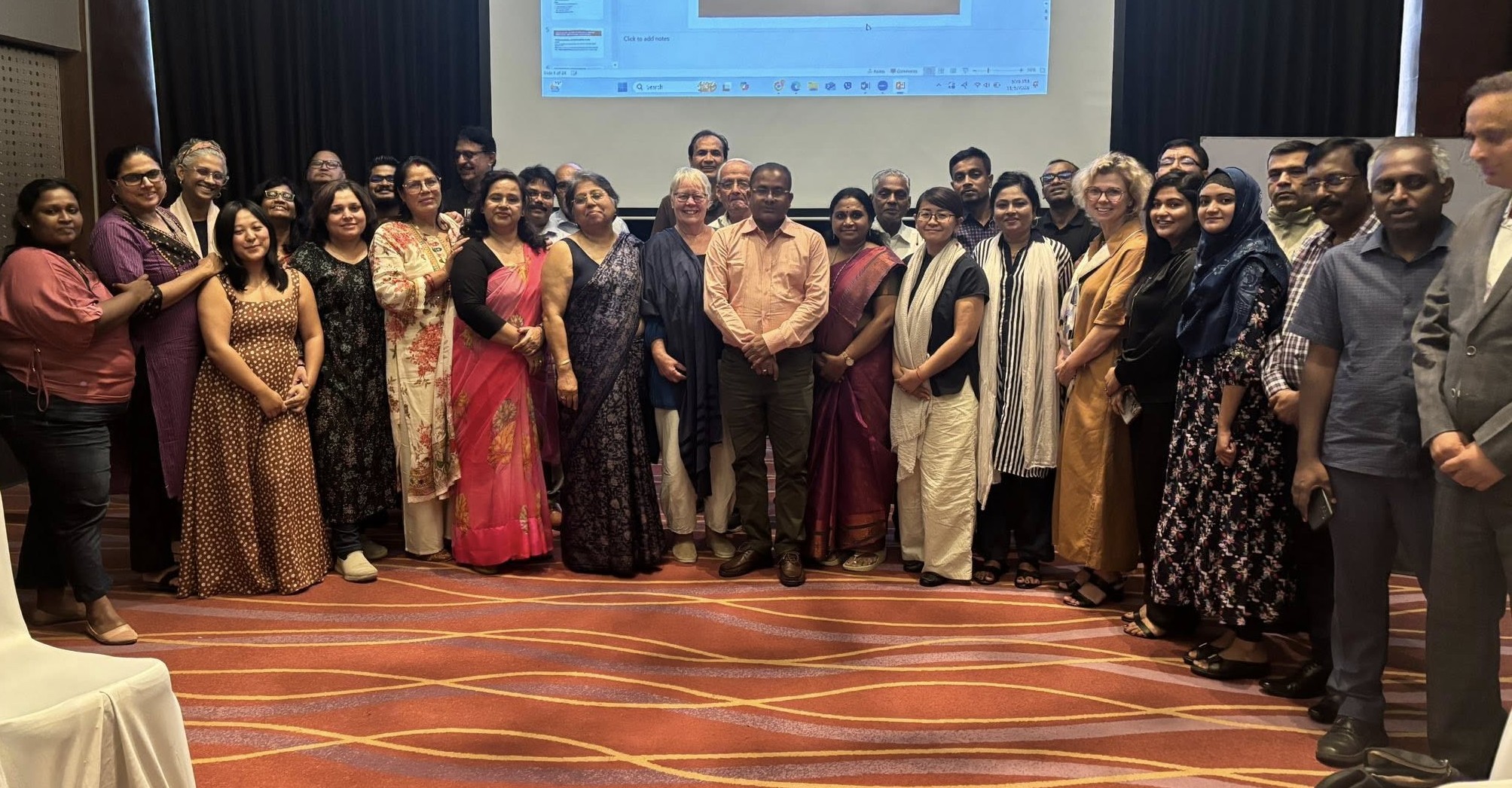





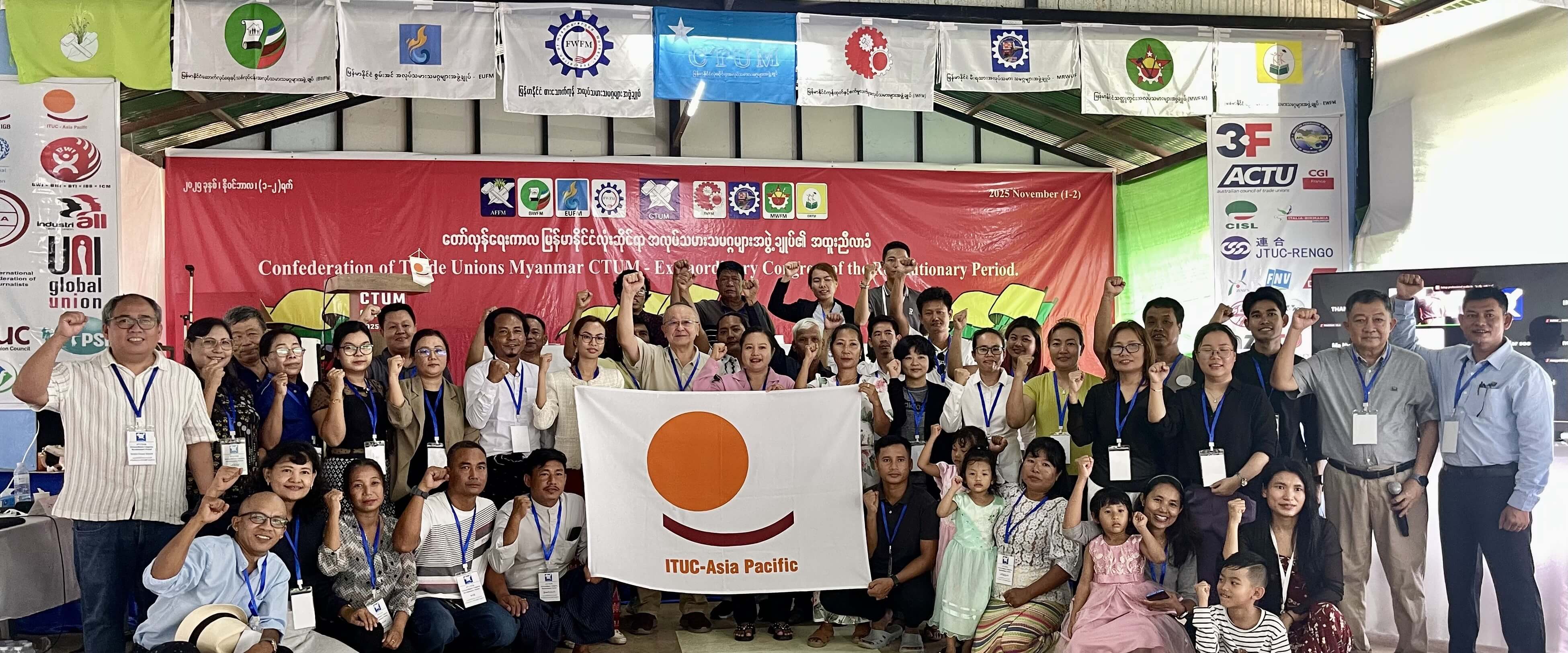





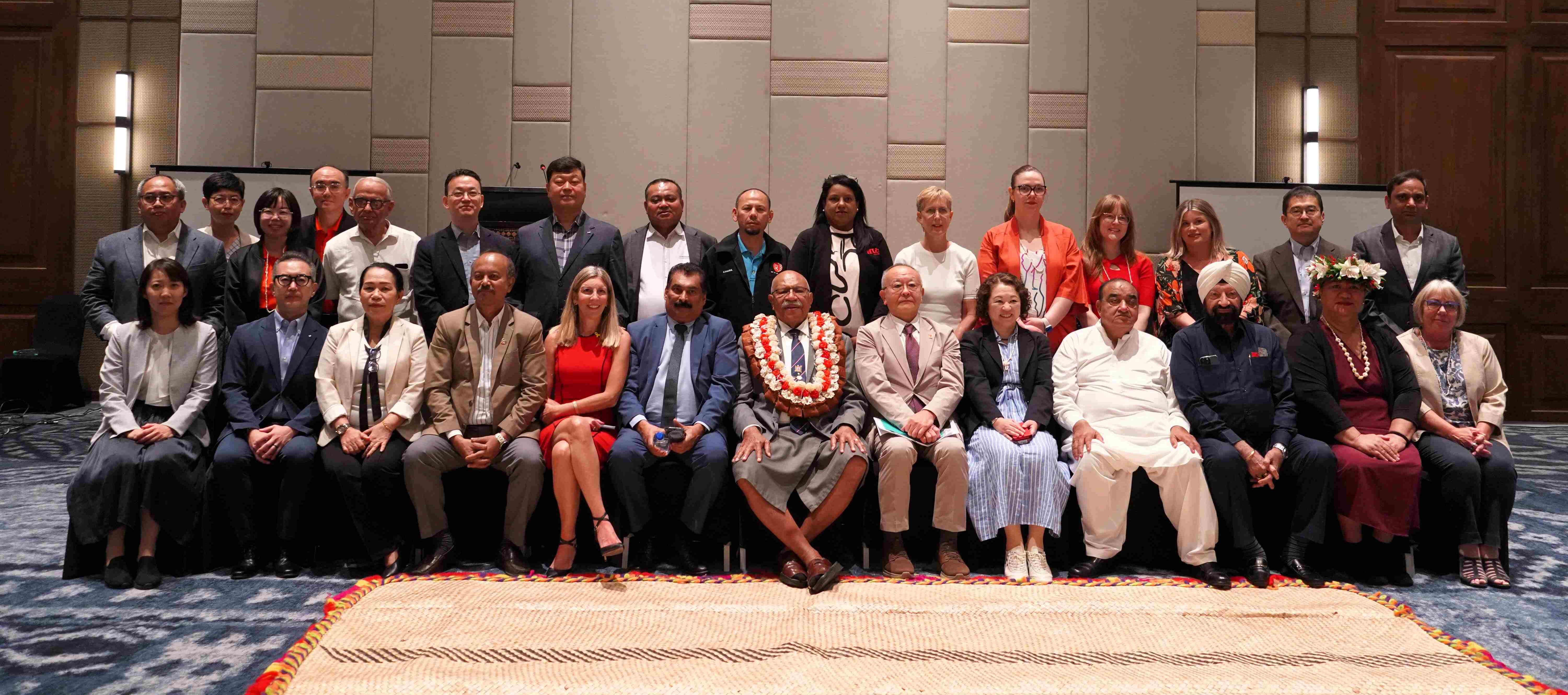





.jpg)


.jpg)














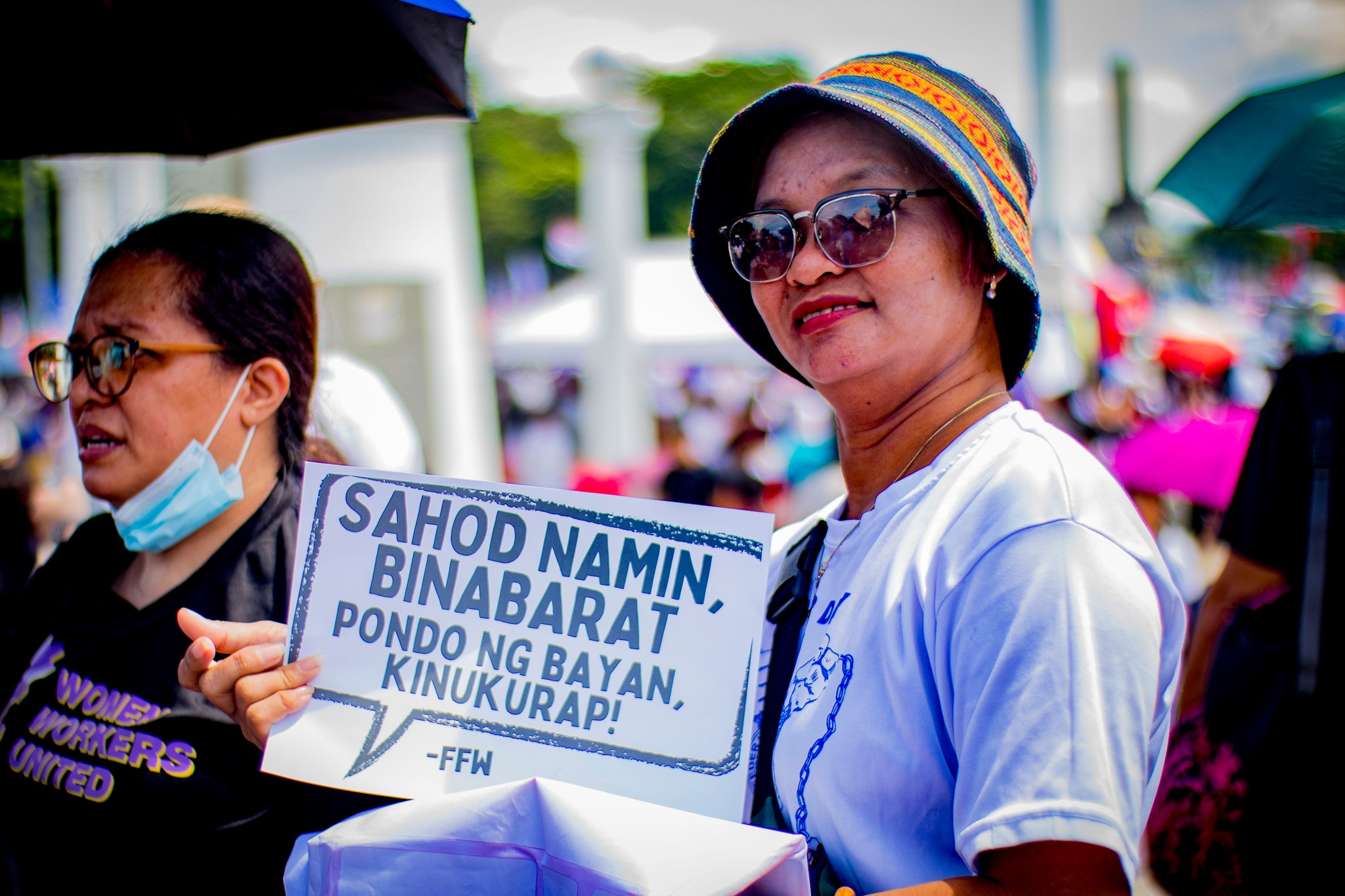





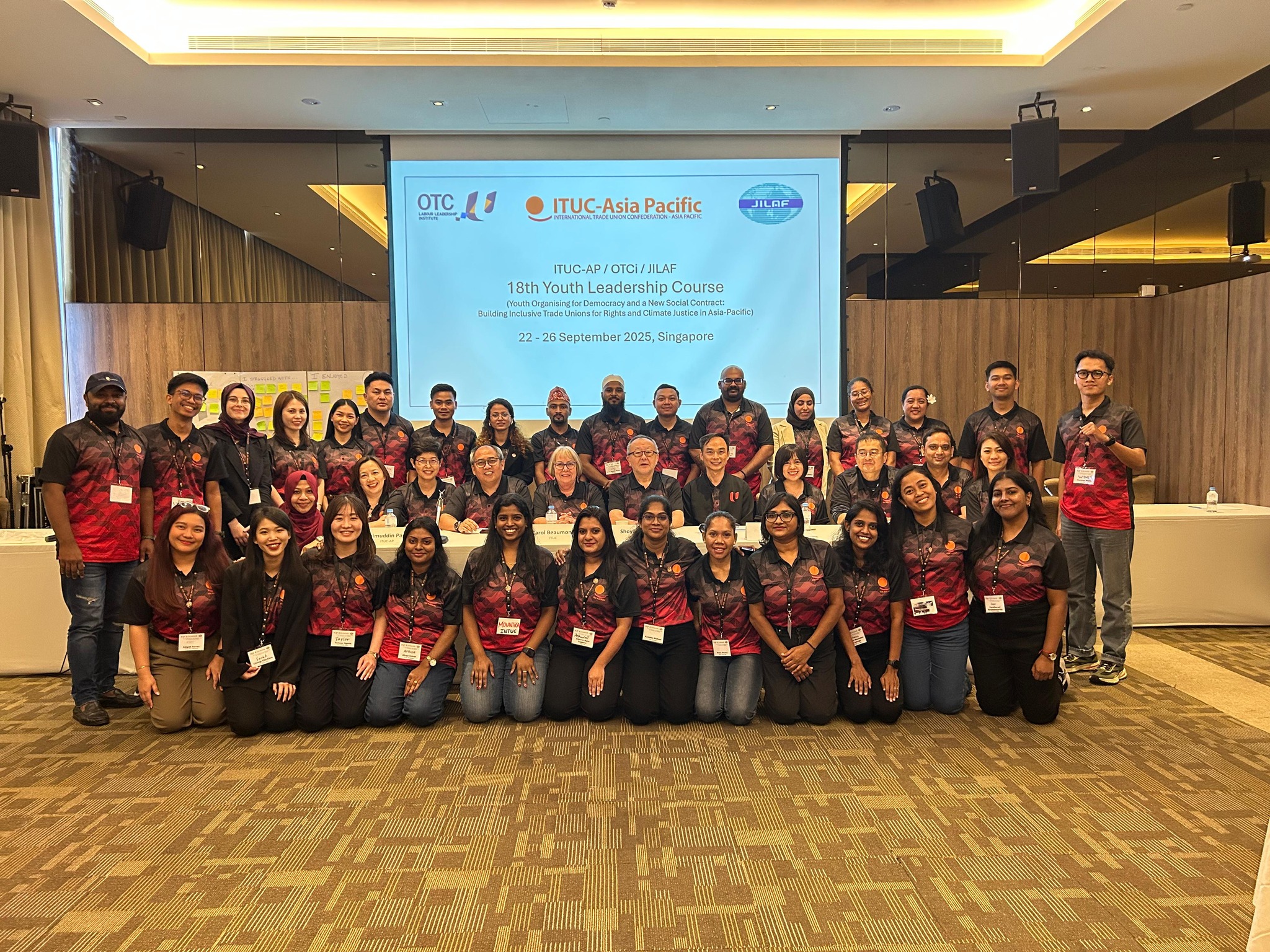





.png)


.png)








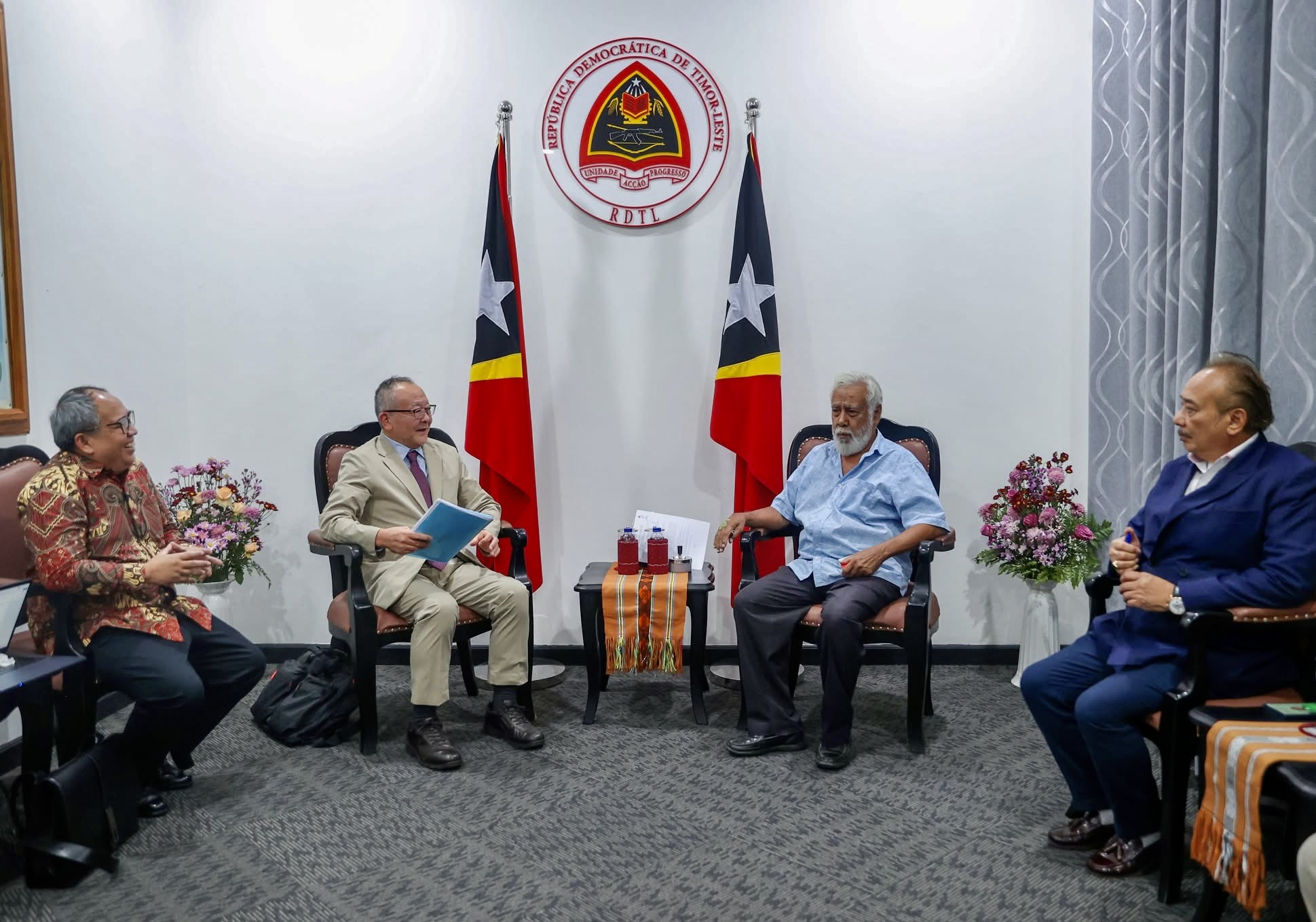





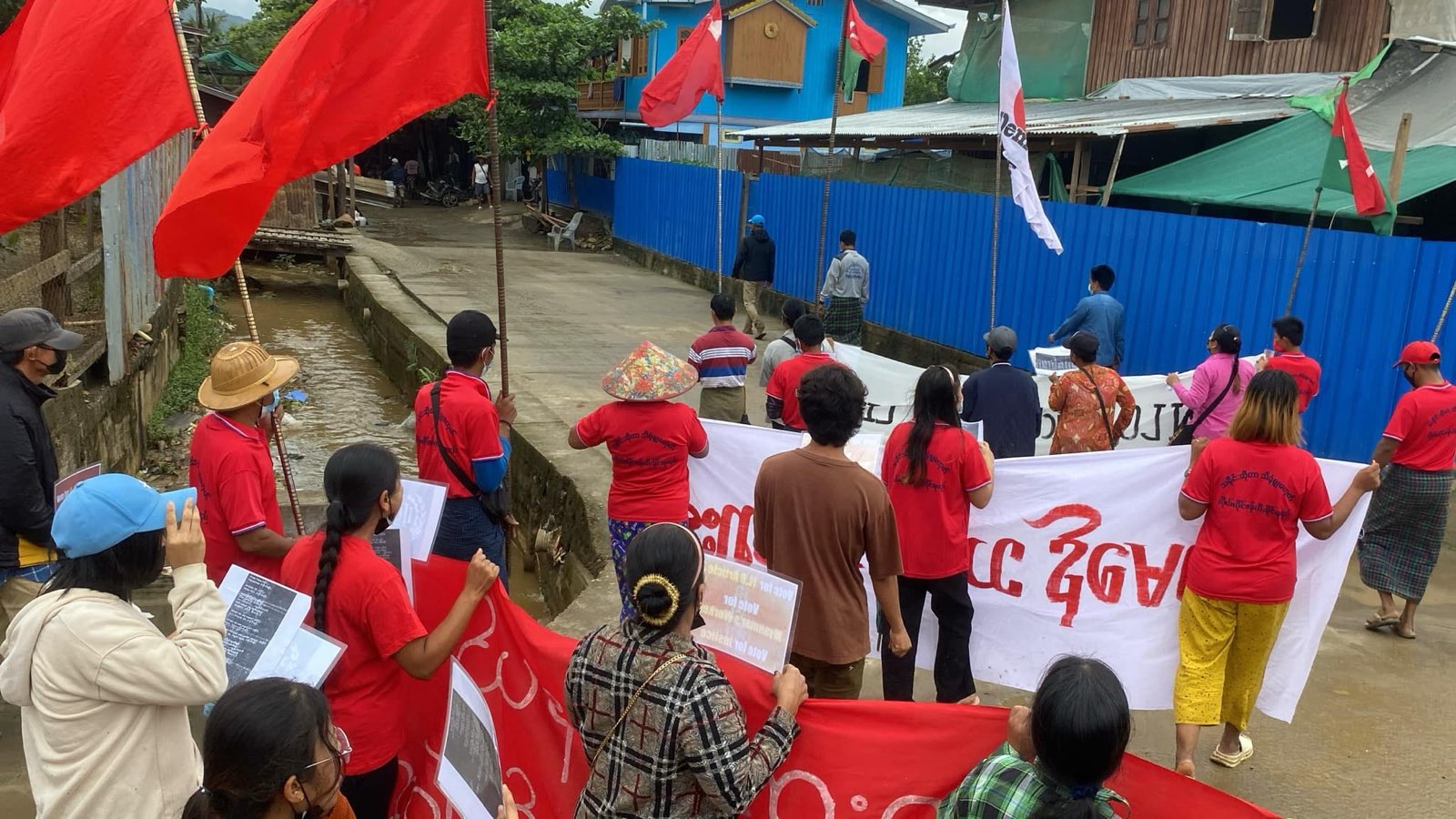





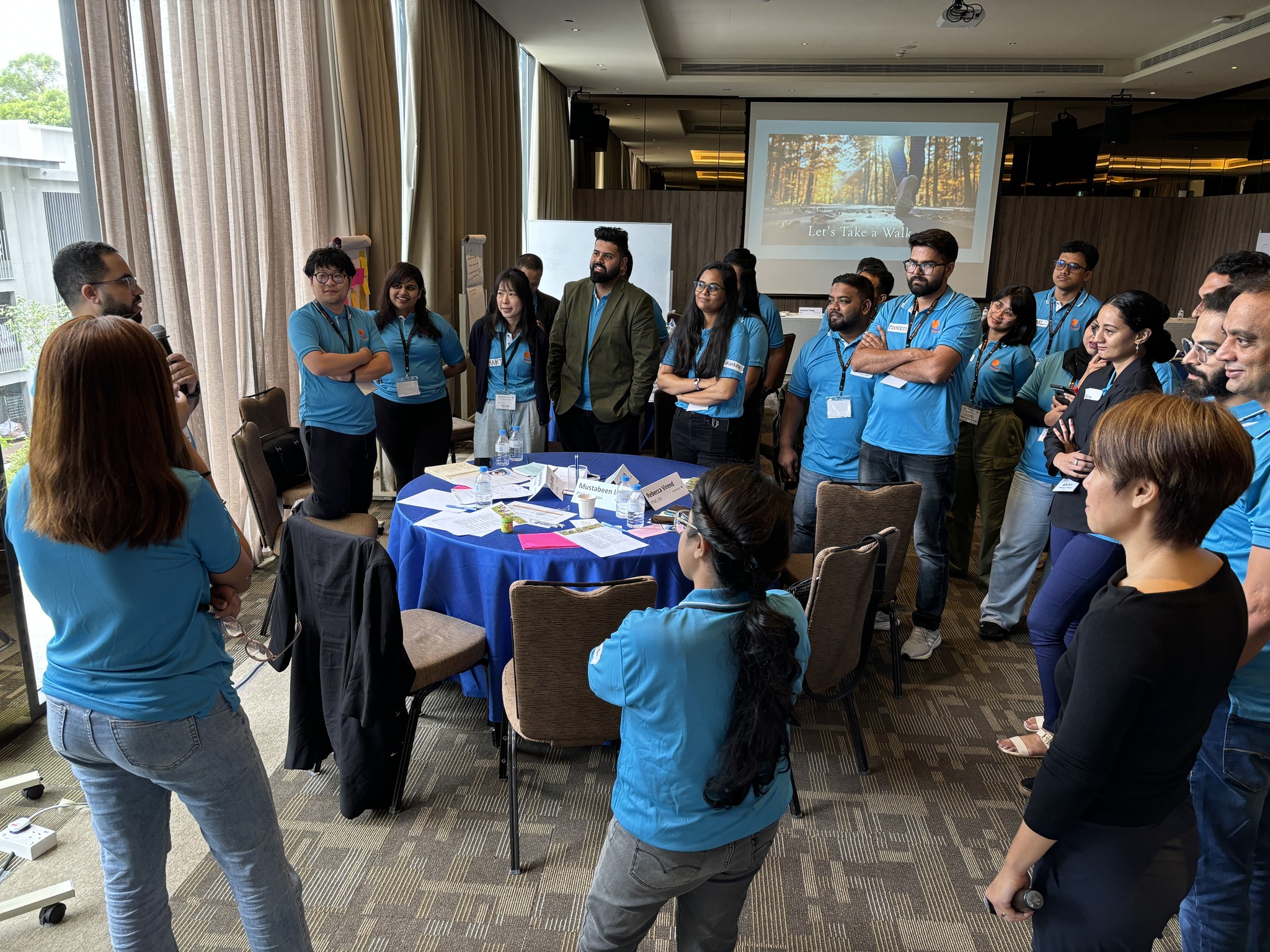





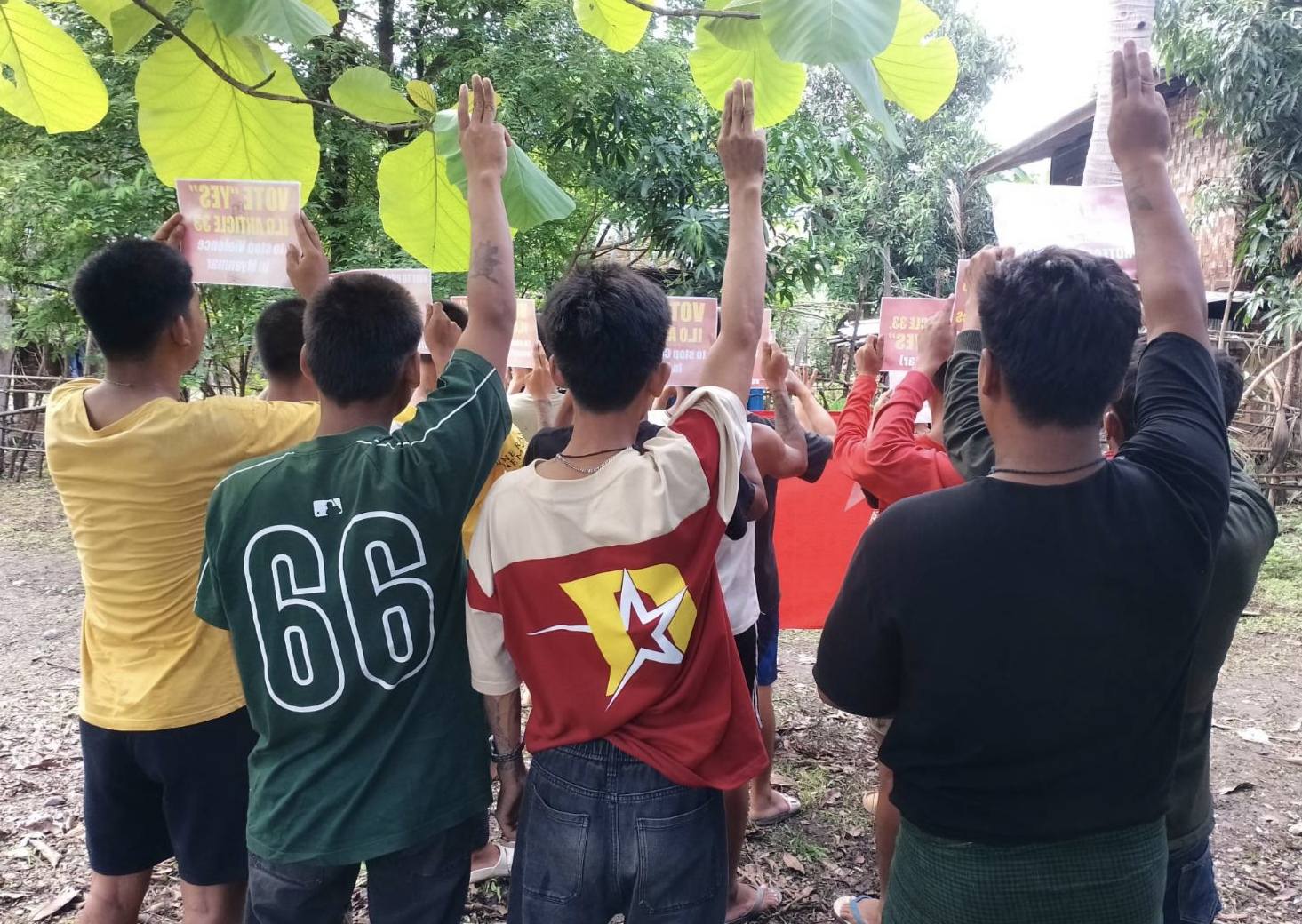





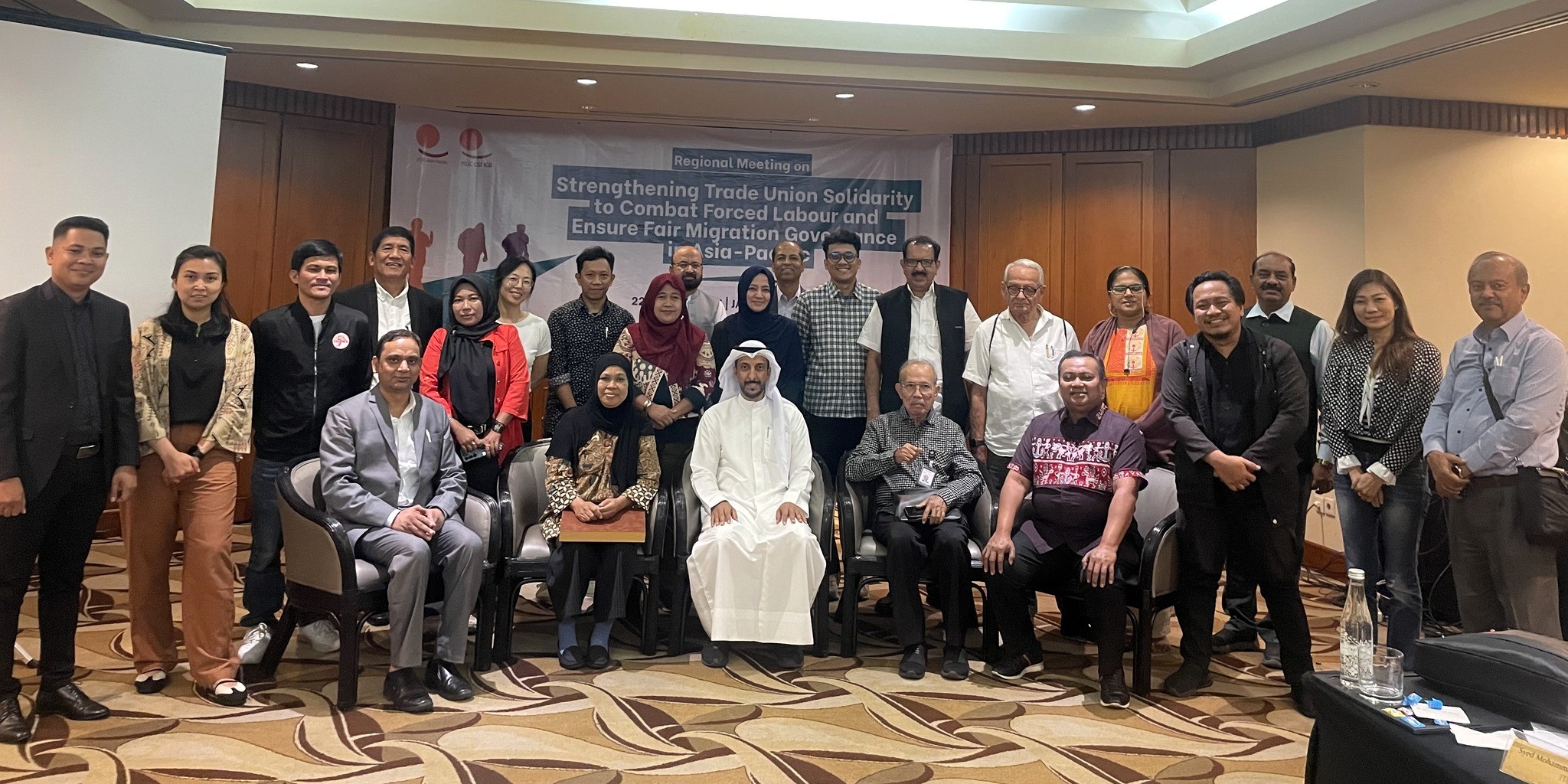























.png)


.png)














.png)


.png)










































































































%20(1).png)


%20(1).png)
























.jpg)


.jpg)














































































.png)


.png)
























.png)


.png)














































































































.jpg)


.jpg)


























.png)


.png)


.png)


.png)


